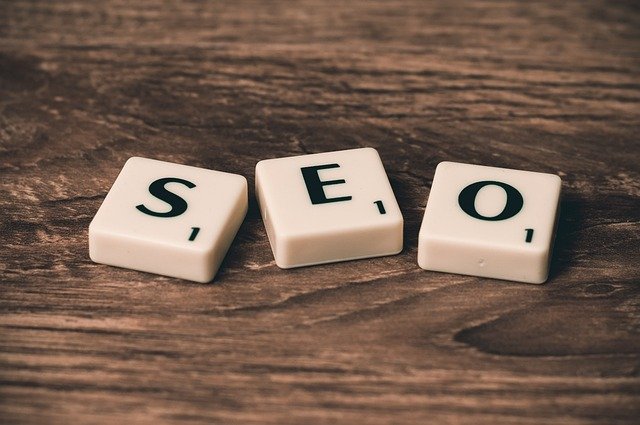Industrial Energy Efficiency: A Cost-Effective Strategy for Sustainable Growth
Introduction: In an era where sustainability is no longer optional, industrial energy efficiency emerges as a strategic cornerstone for enterprises aiming at sustainable growth. This article dives into the realm of energy efficiency, its historical context, industry developments, and its role in shaping the future of the business and industrial landscape.

The Genesis and Evolution of Energy Efficiency
Energy efficiency, in its modern understanding, came into the spotlight during the 1970s energy crisis. The skyrocketing oil prices forced industries to rethink their energy consumption patterns, paving the way for energy efficiency as a strategic priority. Fast forward to today, the concept has transcended beyond mere cost-saving to a broader sustainability agenda, aligning with global climate change commitments.
The Current State of Energy Efficiency in Industry
Today, energy efficiency is a key driver for industries, contributing to operational effectiveness and environmental sustainability. From retrofitting old equipment with energy-efficient alternatives to adopting smart technologies for energy management, businesses are leveraging numerous strategies to enhance energy efficiency.
Impact of Energy Efficiency on Business and Industry
Energy efficiency can yield multiple benefits for businesses. Reduced energy costs directly contribute to the bottom line, improving profitability. Furthermore, businesses can gain a competitive advantage by demonstrating their commitment to sustainability, thereby enhancing their brand reputation. However, the journey to energy efficiency is not without challenges. It requires substantial upfront investment and a cultural shift towards energy-consciousness at all organizational levels.
Research-Backed Insights on Energy Efficiency
Various studies affirm the benefits of energy efficiency. According to the International Energy Agency, energy efficiency improvements could contribute to a 40% reduction in global carbon emissions by 2040. Moreover, a study by the U.S. Department of Energy highlighted that businesses could save up to 30% on energy costs by implementing energy efficiency measures.
Practical Strategies for Enhancing Industrial Energy Efficiency
-
Conducting regular energy audits to identify inefficiencies and improvement areas.
-
Investing in energy-efficient technologies and equipment.
-
Training employees to adopt energy-saving practices in their daily operations.
-
Leveraging renewable energy sources to offset traditional energy consumption.
-
Implementing energy management systems for continuous monitoring and optimization.
In conclusion, energy efficiency is a powerful strategy for businesses and industries to achieve sustainable growth. It provides a win-win solution, delivering cost savings while reducing carbon emissions. As we move forward, it’s crucial for businesses to embrace energy efficiency, not just as a cost-cutting measure, but as a key contributor to their sustainability agenda.




